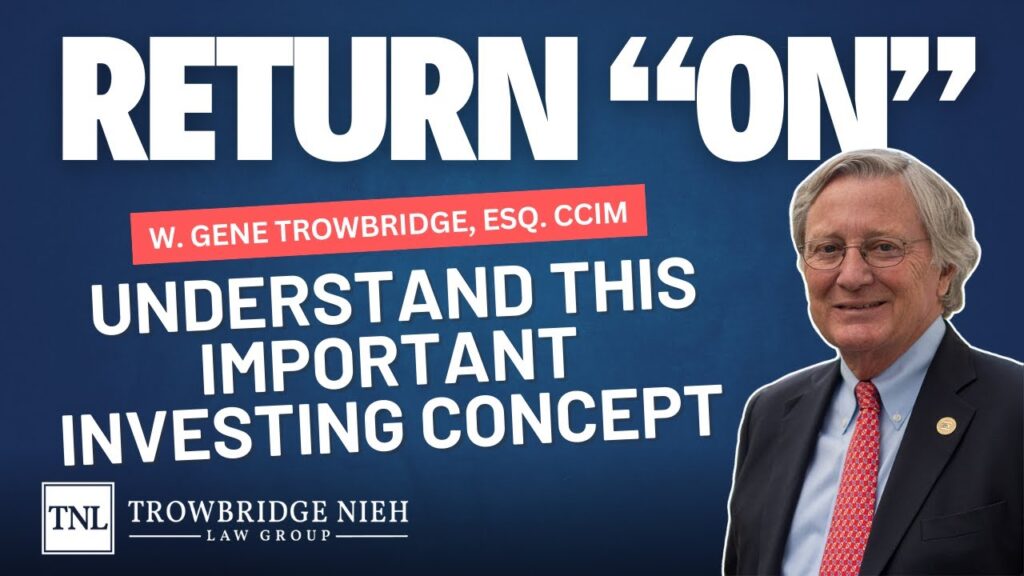Maybe you’re a developer looking to expand your business by taking in investors to fund a larger project. Or maybe you’re an investor who’s looking to invest in real estate but have no idea what properties to look for and a friend/acquaintance sends you some advertising material about a great investment opportunity. Or maybe you’re the person between the developer and the investors who’s organizing, doing all the research, advertising, and ultimately selling the deal as an investment. Whatever your role is in the above transaction, you would be taking part in a real estate syndication. In its simplest terms, a syndication is the pooling of money from multiple investors in order to fund a real estate project. Investing in a real estate syndication is essentially investing in commercial real estate except you’re investing with dozens sometimes even hundreds of other people. Funding a real estate project through syndication is just another form of fundraising except you’re raising capital from many different people instead of through a single source. Sounds a lot like crowdfunding right? Well actually many of the sites out there that advertise as “real estate crowdfunding” are in fact simply just doing real estate syndications albeit through an online medium.
What kinds of projects can be syndicated?
Theoretically you could syndicate any real estate project, even a single-family house. Most projects that are syndicated, however, tend to be larger commercial projects like multi-unit apartment complexes, office space, retail, or industrial. The reason being is that syndication allows the developer/sponsor to raise a much larger sum of money than they would be able to normally and thus would want to only syndicate larger projects. Another way to look at it is a developer wants to pursue a huge project and she doesn’t have the personal funds to do it herself (i.e. she doesn’t have enough personal funds for the down payment, operational costs, and working capital) so she needs to raise funds from a group of investors to fund the project. Those are the types of real estate projects that tend to be syndicated.
Who can invest in a syndication?
Since these are investments and the sponsor is selling securities to investors, Federal and State Securities Laws would apply to these transactions. Normally, if a person sells securities they have to register those sales with the SEC which can incur expensive transaction costs. Sponsors (the people who put together the deal and issue the securities) try to avoid these costs by offering their securities under one of the numerous exemptions available. Most real estate syndications take the form of an offering under a Regulation D exemption. Regulation D (Reg D for short) has 3 exemptions each of which requires the investors to be either an accredited investor or a sophisticated investor. An accredited investor is someone who has made over $200,000 (or $300,000 with their spouse) for the last 2 years and will exceed that amount again this year or someone with a net worth over $1 Million. A sophisticated investor is someone the issuer/sponsor believes is knowledgeable and experienced with financial and business matters (I know kind of vague right). Basically you can invest in a syndication if you fall into two main categories: 1) you are person who makes over $200,000 a year or has a net worth over $1 Million or 2) you have a personal relationship with the sponsor, have experience investing in real estate, and can adequately understand all the risks involved.
How does the sponsor make money?
The sponsor is the one who sets up the deal and advertises the investment to potential investors. Clearly there has to be some incentive for her to do so. She can make money from a number of different steps of the syndication process. There are sometimes upfront costs that can take the form of an organization or due diligence fee, often a flat percentage of the funds raised. Sponsors sometimes charge an asset management fees for overseeing the project from beginning to end, which can take the form of a percent of gross revenue. Often times distributions from the investment are split between the investors and the sponsor (e.g. a 60/40 split with investors getting 60% and the sponsor getting 40%). Disposition fees, refinance fees, property management fees (if the sponsor is managing the property too), broker fees, and many others can be charged as well. If you’re the sponsor clearly there are plenty of ways you can make money from a syndication. If you’re an investor, it would be helpful to read the investment documents closely to make sure the sponsor isn’t charging you excessive fees that could cut into your returns.
(For a more detailed breakdown of all the fees a sponsor receives from a syndication click here.)
Is a syndication right for you?
A syndication isn’t the best option for everyone. From a sponsor’s point of view, if you have a small project, you could probably raise funds from your friends and family and avoid some of the transaction costs involved in a syndication. From the investor’s side, if you’re not familiar with the inherent risks of investing in real estate and have never worked with a particular sponsor before, you might want to consider other safer investment options. Obviously the answer to this question will vary from person to person. If you’d like to discuss if a syndication is right for your particular project, feel free to give us a call today for a free consultation.




